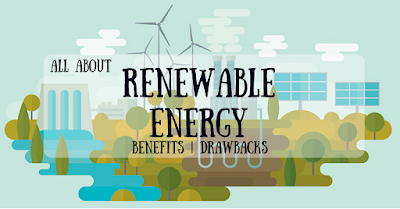Plastic roads: The radical plan to bury its garbage beneath the streets
Plastic roads are roads made either entirely of plastic or composites of plastic with other materials.
The implementation of plastics in roads also opens a new option for recycling post-consumer plastics and make the Environment clean. A new road building technique for the 21st century is advancing fast in India today.
More than 33,796 km of roads in India are plastic roads, according to a World Economic Forum report.
Using recycled plastic to build roads not only curbs pollution but also creates jobs, said experts. And there's more to it. India's plastic roads made from recycled materials are not only greener but are also stronger and maintenance-free and could last about three times as long as conventional road structures, according to new research. Under the government's massive plastic recycling programme, waste pickers collect plastic litter which is shredded in machines subsidized by the Indian government. Then they sell it to road builders.
According to a World Economic Forum (WEF) report, plastic can make roads more durable against extreme weather — floods and extreme heat.
How it works:
Plastic waste — mostly water or soda bottles are first sorted. After sorting, the material is cleaned, dried, and shredded. The shredded plastic is mixed and melted at around 170°C. Hot bitumen is then added and mixed with the melted plastic. After mixing the mixture is laid as one would with regular asphalt concrete. Home-grown, tested technology Now, calls are growing for public works authorities to build roads with a tested technology using plastic waste, which reduces costs and makes roads more durable and thus safer.
“Plastic roads will not only withstand future monsoon damage but will also solve the problem of disposing of non-recyclable plastic,” said Isher Judge Ahluwalia, former head of a government committee on urban infrastructure.
The chemistry behind it:
A technology developed by Rajagopalan Vasudevan, a chemistry professor at Thiagarajar College of Engineering in the southern city of Madurai, uses finely-shredded plastic waste that is added to heated bitumen.
This mix is poured over stones.
The plastic waste can include anything from sweet wrappers to shopping bags. The mix cuts the quantity of bitumen required by 10 percent, Vasudevan said.
“The road which is built from plastics is still intact - there are no potholes, no cracks. That is proof of its strength and durability, plus it uses waste plastic that otherwise litters streets and rivers.”
“We are going to be generating waste plastic, and we are going to be building roads for the foreseeable future,”


Comments
Post a Comment